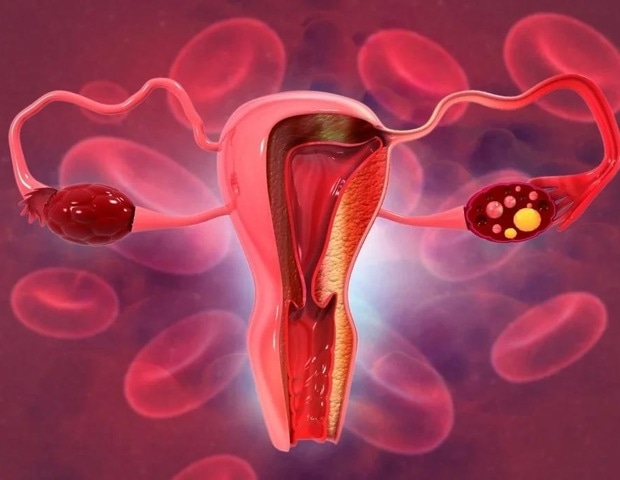Each year, more than 340,000 women die from cervical cancer, with the majority of deaths occurring in low- and middle-income countries. Despite being highly preventable through vaccination and early detection, the disease remains…

Each year, more than 340,000 women die from cervical cancer, with the majority of deaths occurring in low- and middle-income countries. Despite being highly preventable through vaccination and early detection, the disease remains…